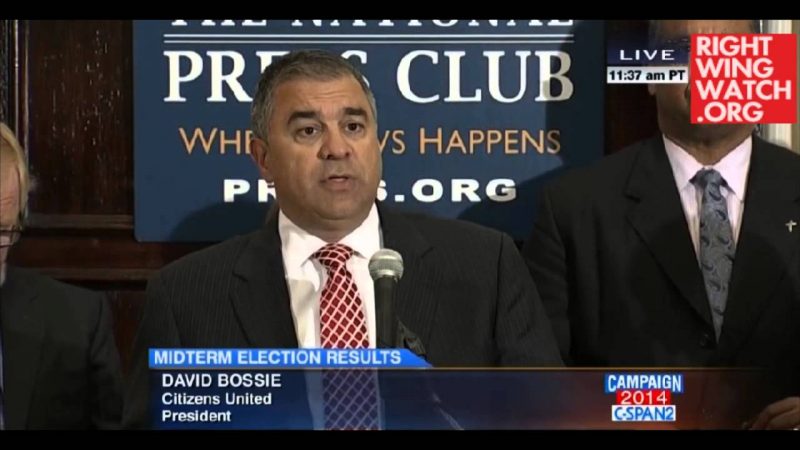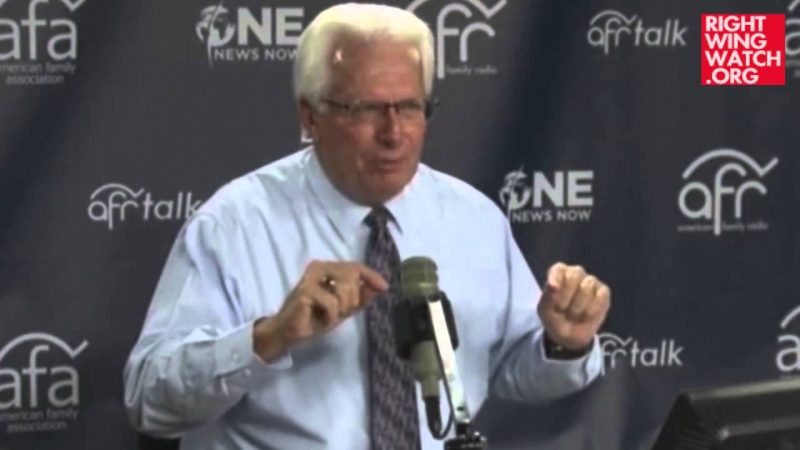A couple of days after Justice Antonin Scalia’s death, Heritage Foundation fellow Hans von Spakovsky declared that the Supreme Court still had an “obligation” to count the votes Scalia had cast in preliminary conferences on pending cases, even though those votes aren’t always final.
He was particularly interested in Friedrichs, an important labor case that some observers believe will, without Scalia’s vote, end up in a tie that will preserve a lower court decision favorable to unions.
It turns out that von Spakovsky mentioned this idea again in a National Review article last week, even presenting evidence of a “precedent” for counting the votes of deceased justices:
One final note on the terrible tragedy of Justice Scalia’s untimely death: what to do about the pending cases in which the Supreme Court justices already had cast their internal vote on how they would rule on the case. Everyone is assuming that Justice Scalia’s votes have to be discarded because the decisions have not yet been publicly released. But there is precedent for Chief Justice John Roberts to give effect to those votes.
In D. A. Schulte, Inc. v. Gangi (1946), the dissenting opinion by Justice Felix Frankfurter, and joined by Justice Harold Burton, specifically says that the “late Chief Justice [Harlan Stone] participated in the hearing and disposition of this case and had joined in this dissent.” Stone died on April 22, 1946; the date of the Gangi decision is April 29, 1946. Likewise, Justice Joseph Story noted the agreement of the late Chief Justice John Marshall in his dissent in New York v. Miln (1837), writing, “I have the consolation to know that I had the entire concurrence, upon the same grounds, of that great constitutional jurist, the late Mr. Chief Justice Marshall.”
Von Spakovsky’s “precedent” for counting the preliminary vote of a deceased justice is two cases in which the authors of dissents mentioned that a late colleague had been on their side of an issue. In the first, the dissenters mention the views of the late Chief Justice Harlan Stone, but do not appear to count him as an official joiner of the dissent. In the second, the dissenters cite the views of Chief Justice John Marshall, who had died more than a year before the opinion was issued and had already been replaced by Chief Justice Roger Taney — again, apparently citing his approval to make a point rather than as an official vote in the case.
In neither case was the vote of the deceased justice being counted. And in neither case would the vote of the deceased have changed the outcome of the case, as von Spakovsky seems to hope Scalia’s vote would in the Friedrichs case.
It’s almost as if conservatives are pulling Supreme Court “precedents” out of thin air.







